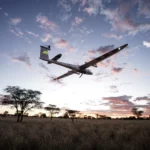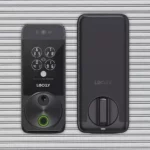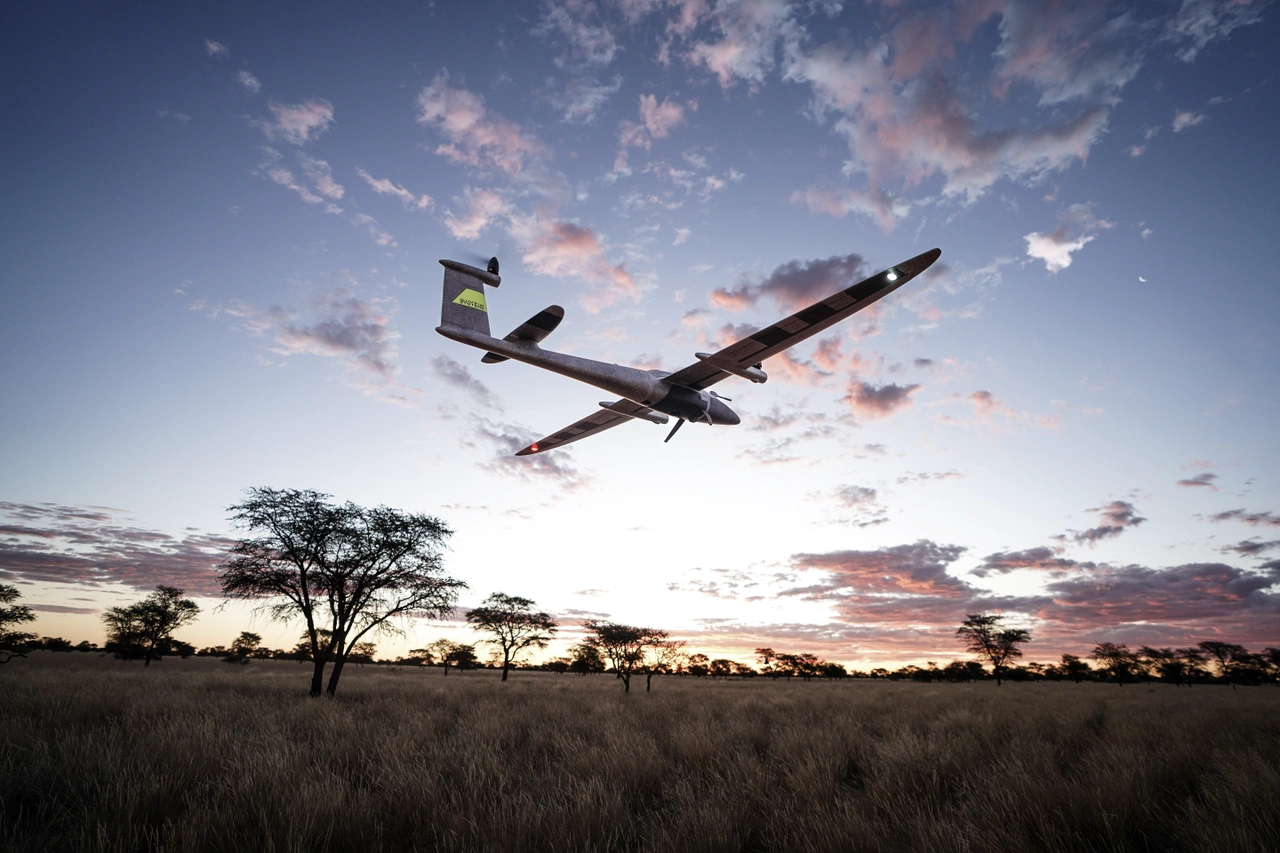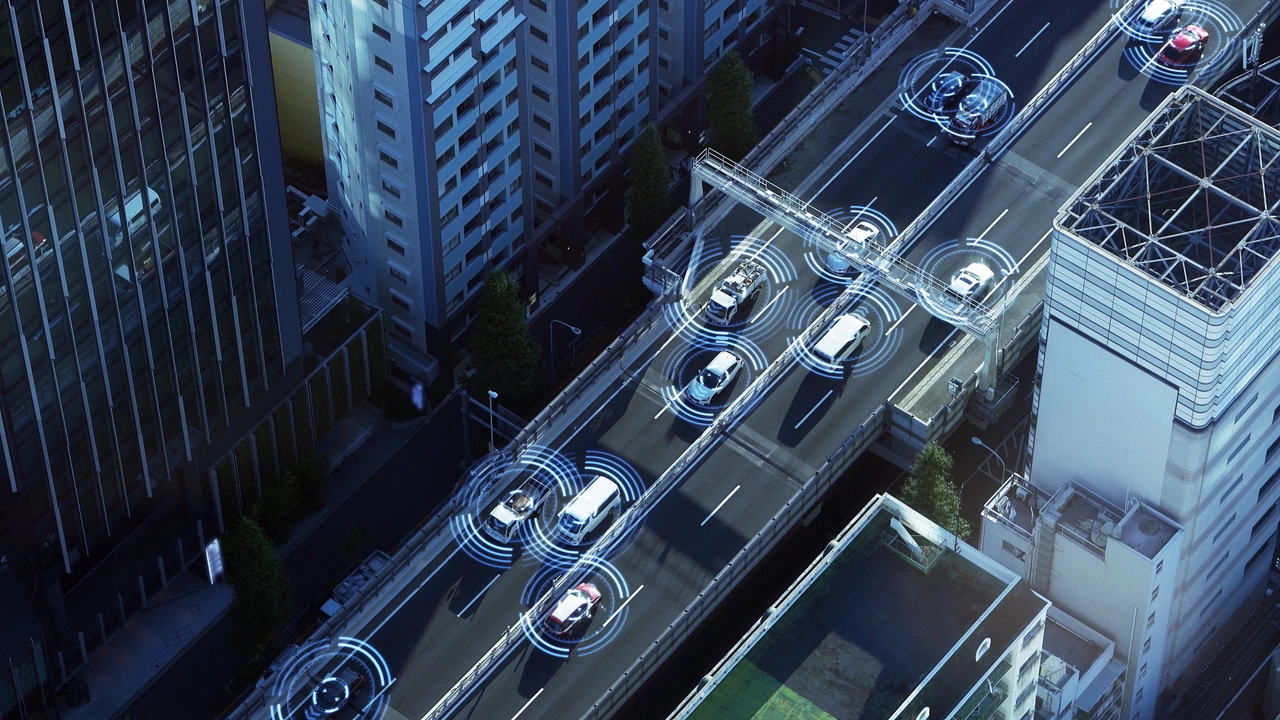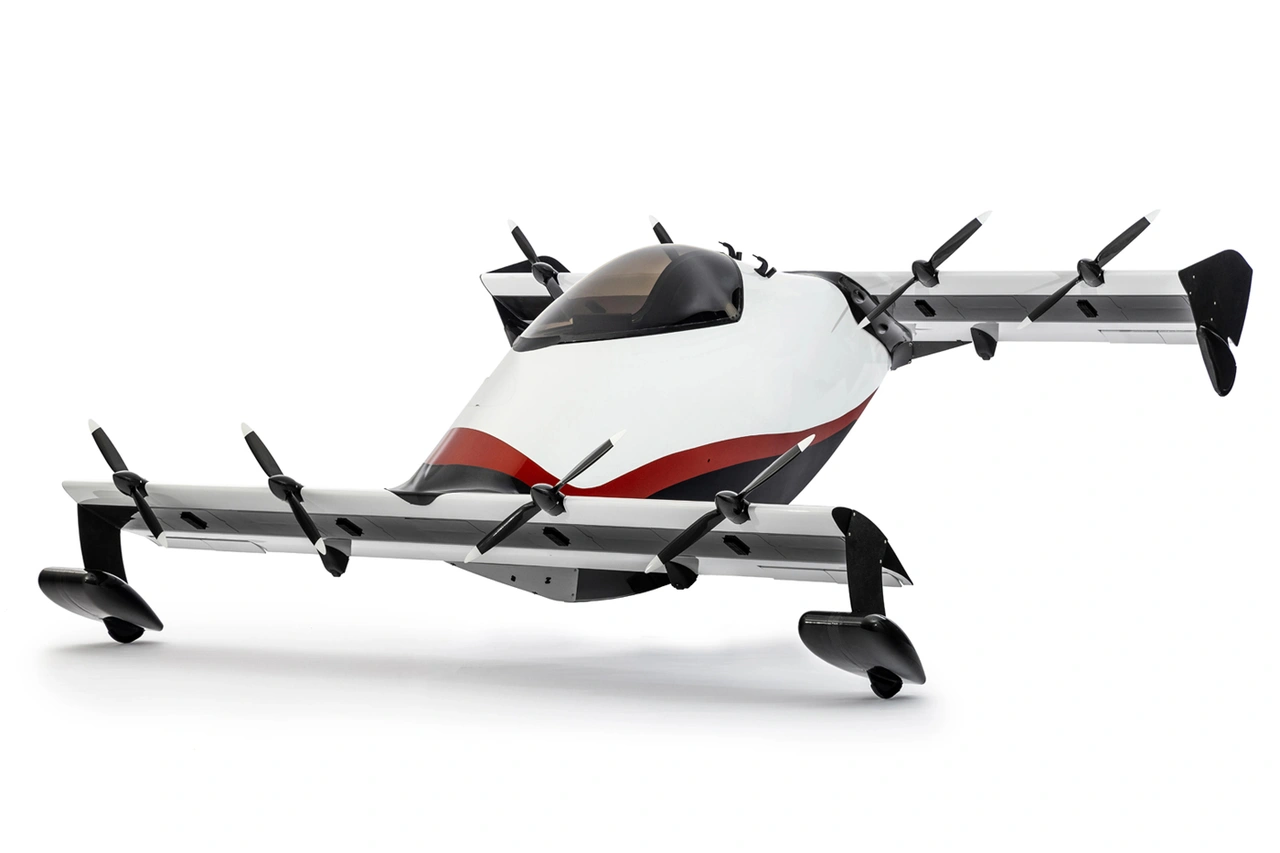
Pivotal, a startup focused on flying vehicles, has successfully conducted over 1,000 flights using its BlackFly electric vertical takeoff and landing (eVTOL) aircraft. This milestone includes a total of 1,117 flights completed by both Pivotal and its early access program customers, who have provided valuable feedback on their experiences.
The BlackFly serves as a prototype and predecessor to the upcoming Helix, a tilt electric aerial vehicle (EAV) equipped with eight fixed rotors and tandem wings. Notably, the Helix is designed for emergency water landings and can operate in wind conditions of up to 20 miles per hour.
“Reaching the milestone of 1,000 crewed flights is a remarkable accomplishment,” stated Ken Karklin, CEO of Pivotal. “Whether for recreational use, short rural commutes, neighborly visits, or exploring new landscapes, every pilot, once trained and approved, enjoys the experience of taking off straight into the sky in this single-seat eVTOL.”
Pivotal’s collaboration with the Air Force under the AFWERX Agility Prime program allows access to various test facilities, expert resources, and restricted airspace for further testing with the BlackFly prototype. The data collected during these tests will inform enhancements for the production model of the Helix.
Before showcasing its electric aerial vehicle at CES in Las Vegas earlier this year, Pivotal garnered media attention by presenting the BlackFly in advance of the event. The vehicle distinguished itself among numerous technology exhibits at the Mirage Convention Center.
Karklin noted that the BlackFly was featured exclusively for media representatives, making it a unique preview before CES officially opened.
Falling into the category of powered ultralights, the BlackFly does not require a pilot’s license for operation. This classification allows for a smoother entry into the market due to fewer regulatory hurdles compared to other flying vehicles that necessitate certification and licensing, which are expected to emerge in 2025.
Current flight times for the Helix are approximately 20 minutes, limited by existing battery technology. However, advancements in battery performance are anticipated to extend flight durations in the future.

